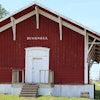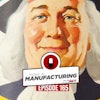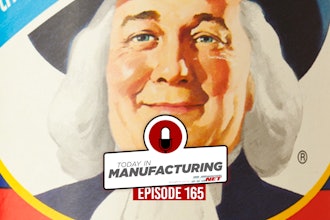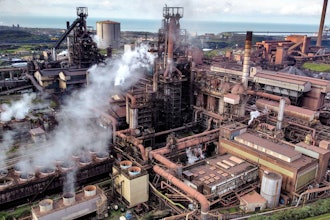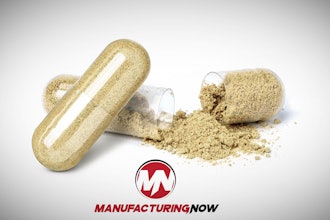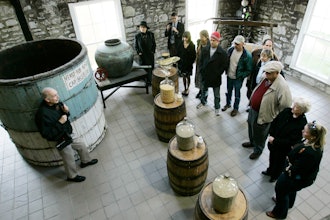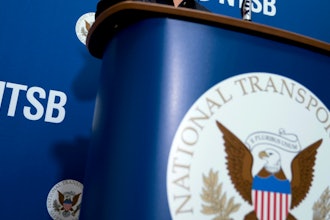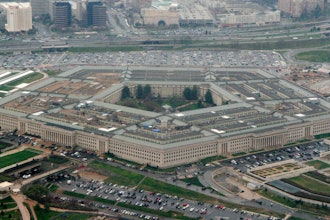BEIJING (AP) - Chinese inspectors found excessive amounts of additives and preservatives in dozens of children's snacks and seized hundreds of bottles of fake human blood protein from hospitals, officials said Tuesday.
China's dismal health and safety record—both within and outside its borders—has increasingly come under the spotlight as its goods make their way to global markets. Major buyers like the United States, Japan, and the European Union have pushed Beijing to improve inspections.
China accused the media of hyping the problems.
''I think it would be better if the media would stop playing up this issue,'' Foreign Ministry spokesman Qin Gang told reporters.
''China has taken measures and enacted relevant legislation regarding inspection and monitoring of its food export process. China has been very responsible in this regard to ensure the good quality and safety of its exports,'' he said.
Inspectors in southwest China's Guangxi region found excessive additives and preservatives in nearly 40 percent of 100 children's snacks sampled during the second quarter of 2007, according to a report on China's central government Web site.
The snacks—including soft drinks, candied fruits, gelatin desserts and some types of crackers—were taken from 70 supermarkets, department stores and wholesale markets in seven cities in the region, it said.
Only 35 percent of gelatin desserts sampled met food standards, the report said, while two types of candied fruit contained 63 times the permitted amount of artificial sweetener.
The report did not say whether any snacks were recalled or if any manufacturers faced discipline. Calls to the Guangxi Industrial and Commercial bureau rang unanswered Tuesday.
Some 420 bottles of fake blood protein, albumin, were found at hospitals in Hubei province but none had been used to treat patients, Liu Jinai, an official with the inspection division of the provincial food and drug administration, said in a telephone interview. No deaths or illnesses were reported.
A shortage of albumin triggered a nationwide investigation in March into whether fakes were being sold.
A state media report last month centered on an inquiry in the northeastern province of Jilin, where 59 hospitals and pharmacies sold more than 2,000 bottles of counterfeit blood protein. One person died from use of the fakes, state media said.
Albumin is a primary protein in human plasma that is important in maintaining blood volume. It is used to treat conditions including shock, burns, liver failure and pancreatitis, and is needed by patients undergoing heart surgery.
Chinese authorities have struggled with recalls following the widespread sale of fake polio vaccines, vitamins and baby formula. Such incidents threaten both public health and faith in the government's ability to control crime and corruption and ensure safety of food and drug supplies.
In May, the country's former top drug regulator was sentenced to death for taking bribes to approve substandard medicines, including an antibiotic blamed for at least 10 deaths.
Fears that China's chronic food safety problems were going global surfaced earlier this year with the deaths of dogs and cats in North America blamed on Chinese wheat gluten tainted with the chemical melamine.
U.S. authorities have also turned away or recalled toxic fish, juice containing unsafe color additives and popular toy trains decorated with leaded paint. Chinese-made toothpaste has also been banned by numerous countries in North and South America and Asia for containing diethylene glycol, or DEG, a toxic ingredient more commonly found in antifreeze.
Beijing has striven to appear active in cleaning up problem areas. Inspectors recently announced they had closed 180 food factories in China in the first half of this year and seized tons of candy, pickles, crackers and seafood tainted with formaldehyde, illegal dyes and industrial wax.
